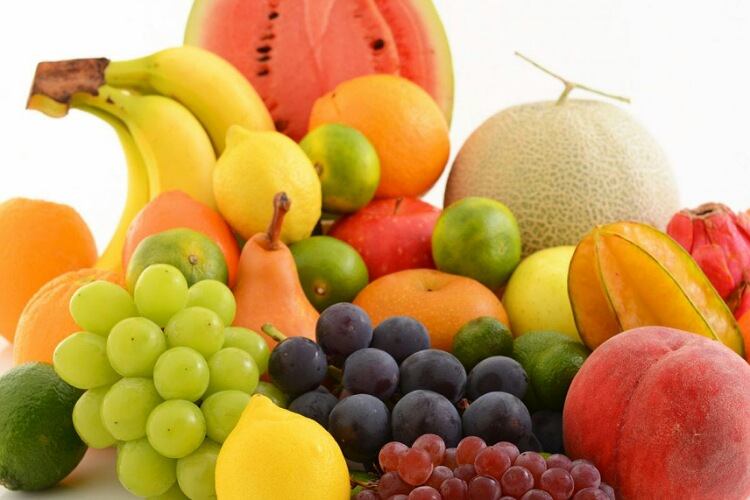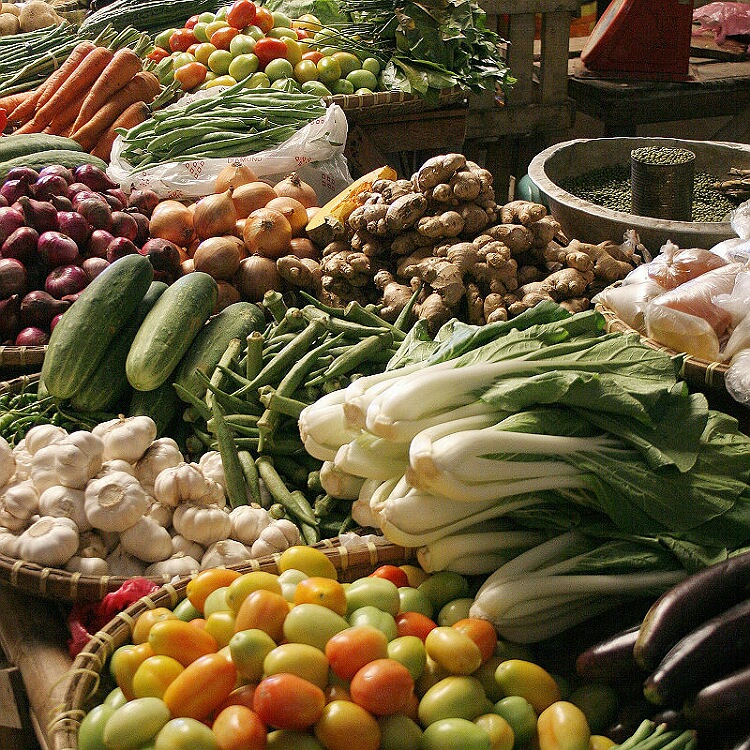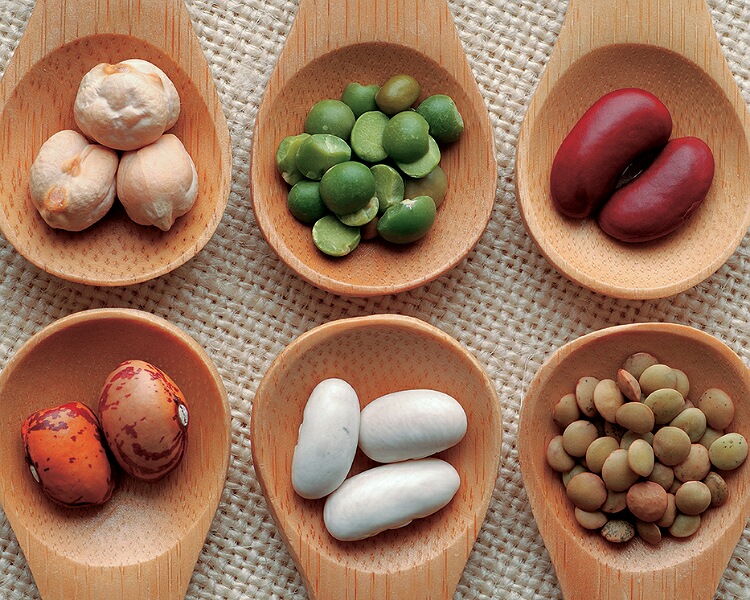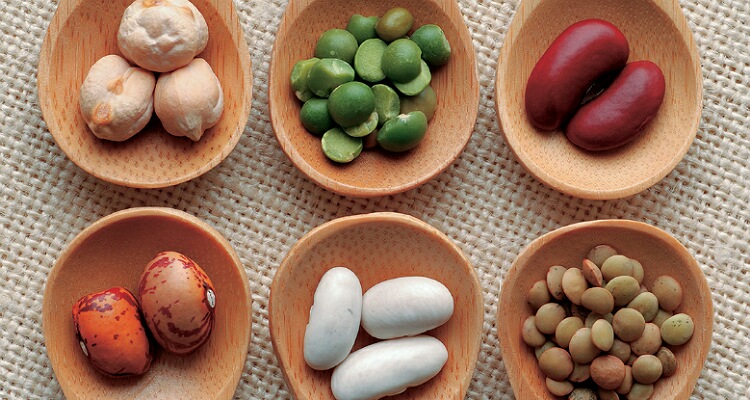Dietary fiber is vital for bowels and heart. It has a lot of health benefits and one must ensure adequate intake in the daily diet.
But often, we are not sure of the fiber content of certain foods. On packaged foods, there is a mention about the amount of fiber that is present in a specific amount of the food.
But it is essential to go through the label carefully to know how much of fiber the packaged foods provides you.
Dietary fiber and its importance
Dietary fiber is very essential for our health. In the olden days, people used to consume a lot of raw foods and there were no processed foods. Hence the daily dietary fiber needs were met easily.
But nowadays, most people are looking for easy and convenient ways to obtain their foods. This leads them to consume more of processed and ready made foods. But these foods might not be healthy and also lacking in fiber.

Experts recommend that a healthy adult woman should have at least 21 to 25 grams of fiber per day. Whereas a healthy adult man needs around 30 to 38 grams of it.
Fiber and adequate fluid intake can help to move the bowels and keep the feces soft. This helps prevent constipation. Less bowel movements is a predisposing factor for bowel cancer and hence one must ensure that they maintain regular bowel movements.
Additionally, fiber lowers blood cholesterol and prevents high blood sugar spikes. It is therefore useful in people with high cholesterol and in diabetics. It keeps blood pressure under check and also protects the heart.
Due to its filling action, it decreases food intake and hence can assists in weight management. Therefore, it prevents obesity which is increasing globally.
Fiber content of various foods
Fruits
If we take 1 medium cup as a measure, then the maximum fiber of 8 grams is present in raspberries. Next on the list is pear that gives 5.5 grams of fiber per cup.
Apple that is unpeeled provides 4.5 grams of it per cup. And banana, orange and strawberries provide 3.0 grams per cup.
Vegetables
Considering a measure of 1 medium cup, green peas (boiled) provide the most fiber of 9.0 grams. Broccoli (boiled) gives 5.0 grams, green turnips (boiled) give also 5.0 grams, and boiled Brussels sprouts provide 4.0 grams per cup.
1 potato that is baked and with peel has 4 grams of fiber. Boiled sweet corn 1 cup gives 3.5 grams, raw cauliflower 1 cup chopped 2.0 grams and 1 medium raw carrot 1.5 grams of fiber.

Grains
Whole wheat boiled spaghetti 1 cup has 6 grams of fiber. And 1 cup of pearl barley that is cooked gives also 6 grams of fiber. Same amount of cooked quinoa has 5 grams of fiber in it.
1 cup of instant oatmeal after cooking has 5 grams of fiber in a cup. 1 cup of brown rice when cooked has 3.5 grams of it and 1 slice of whole wheat bread provides 2 grams of fiber.
Legumes, nuts, seeds
These are the richest source of dietary fiber. Boiled split peas, boiled lentils, canned baked beans, and boiled black beans provide 16, 15.5, 10, and 15 grams of fiber per cup respectively.
1 ounce of chia seeds has 10 grams and same amount of almonds, pistachios, and sunflower kernels have 3 grams of fiber each.

Read more: Make Healthy Adzuki Beans Bowls (Full of protein and fiber)
There is no fiber in meat, dairy, sugar and hence one must eat this in moderation. Adding of legumes, nuts, vegetables and fruits to daily diet can help overcome this lack.
Refined foods such as white bread, pastries, and white rice have most of their fiber removed and hence are not healthy.
